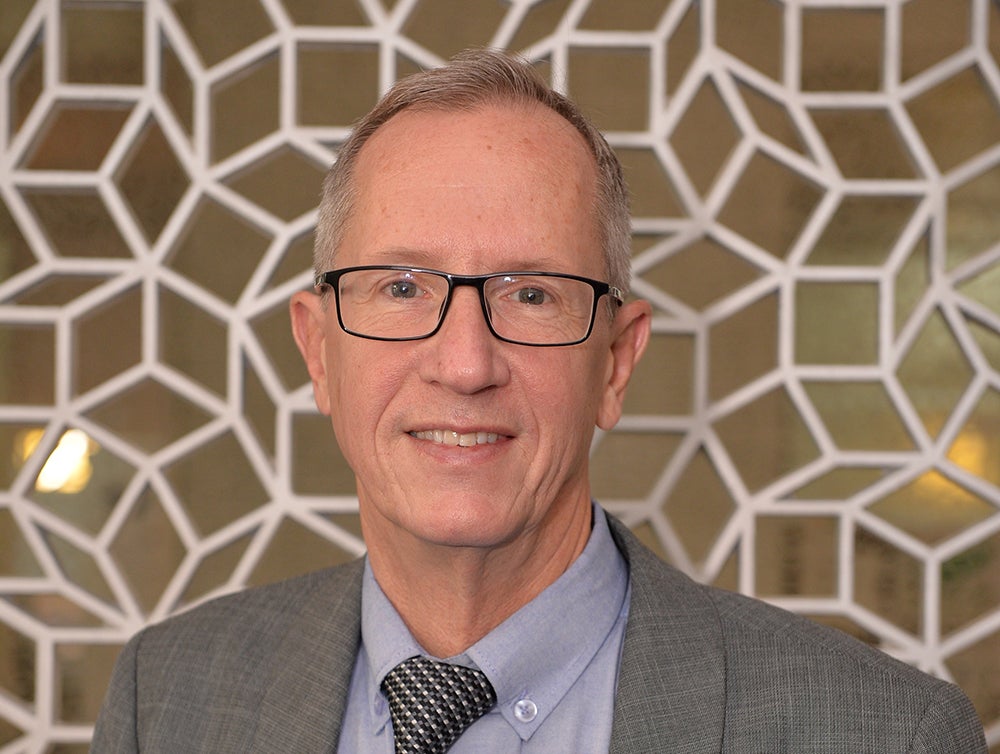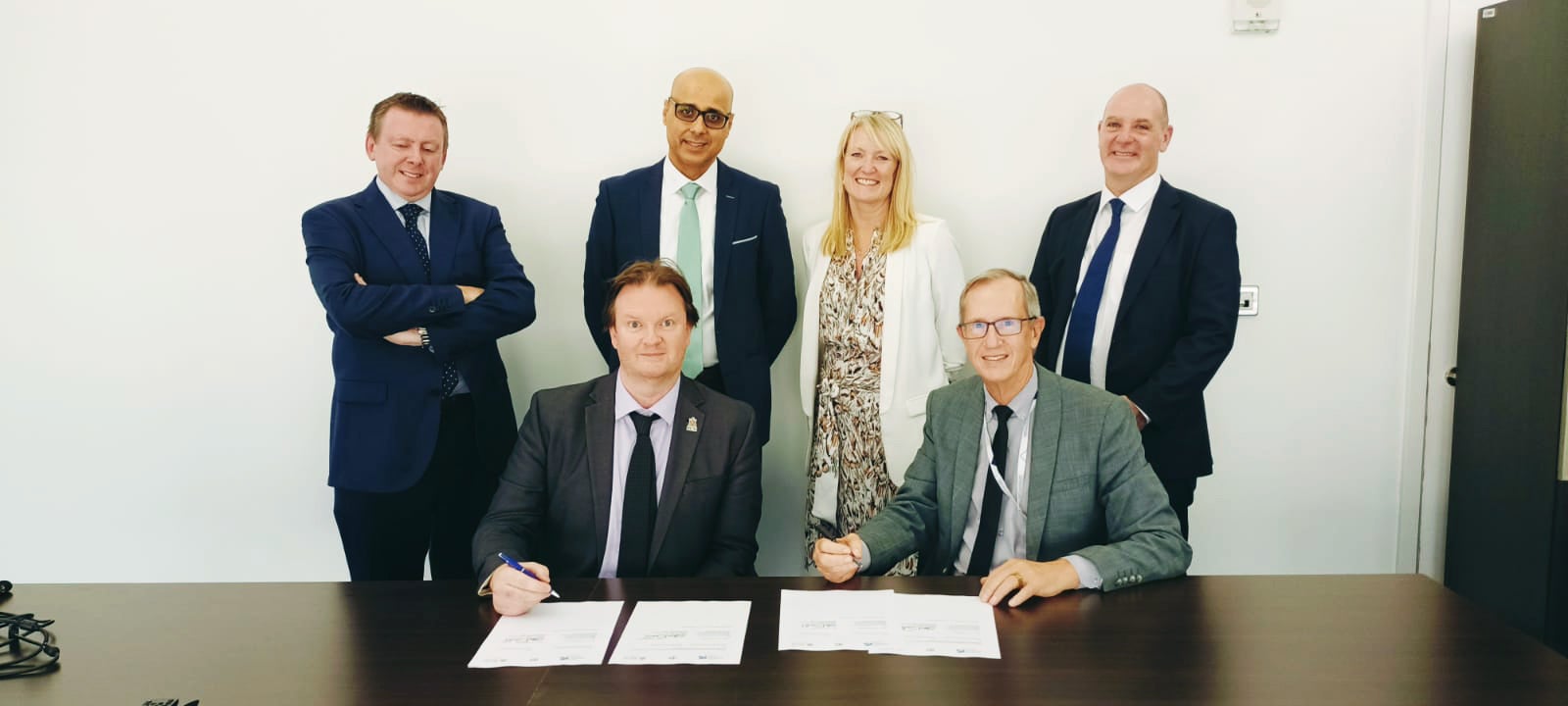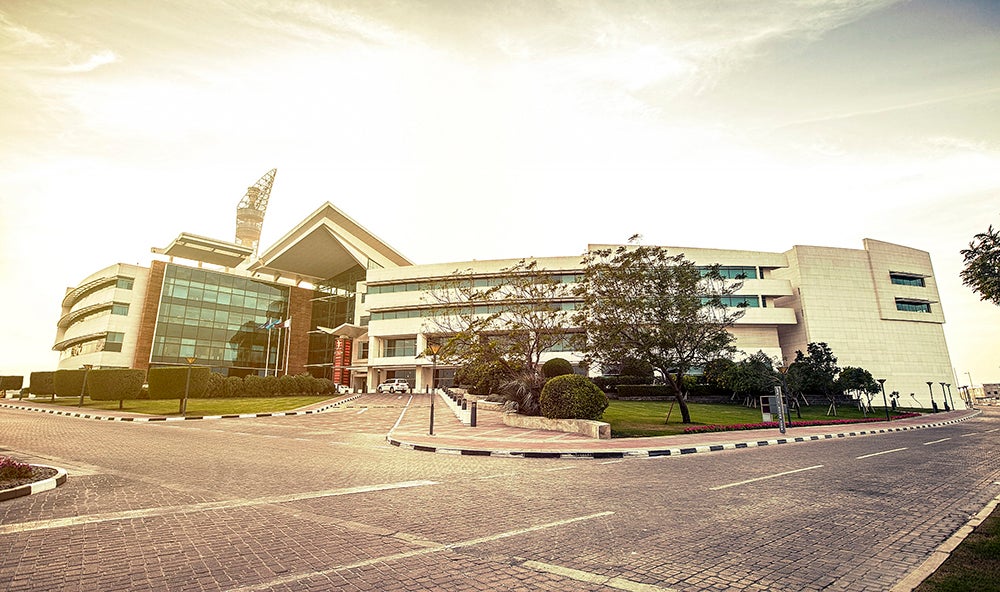Study established link between DNA gene forms and allergic reaction-triggering antibodies among Qatar-based population

Researchers from Hamad Bin Khalifa University’s (HBKU) College of Health and Life Sciences (CHLS), Sidra Medicine, and the Brandenburg Medical School conducted a study utilizing the genomic data and serum samples of 800 Qatar-based participants to identify variation in certain immune genes that can affect the production of antibodies that cause allergic reactions to otherwise harmless substances.
The research team looked at changes within genes that control our immune system, specifically the human leukocyte antigen (HLA) class II genes, to see if certain changes can promote or protect against allergic reactions. They were interested in the production of a subtype of antibodies called Immunoglobulin E (IgE), which can trigger allergic overreactions. To conduct their research, the team used data and samples from Qatar Biobank, a member of Qatar Foundation for Education, Science, and Community Development. Qatar Biobank invites Qatari citizens and long-term residents of Qatar to participate in a larger effort to help researchers understand how diseases develop and use that information to help prevent illnesses in the future. Participants provide information about their lifestyles, medical history, and provide biological samples, such as blood and serum. This study took advantage of the available resources collected by Qatar Biobank from Qatari citizens and long-term residents, who are often not well represented in other medical studies.
“CHLS was proud to collaborate with Sidra Medicine and the Brandenburg Medical School to conduct important genomic research based in the Arab region that simultaneously addresses their needs while also benefiting communities around the world. Our research initiatives integrate scientific expertise combining a collective of seasoned researchers at the university with esteemed external clinical and health science partners,” said Dr. Georges Nemer, Interim Dean and Professor, CHLS.
HBKU’s CHLS addresses national and global health challenges by educating coming generations of professionals in the fields of biomedical sciences, genomics, precision medicine, and exercise science. The College’s research programs regularly include disease models that emphasize on translation of research outcomes to address clinical challenges.










